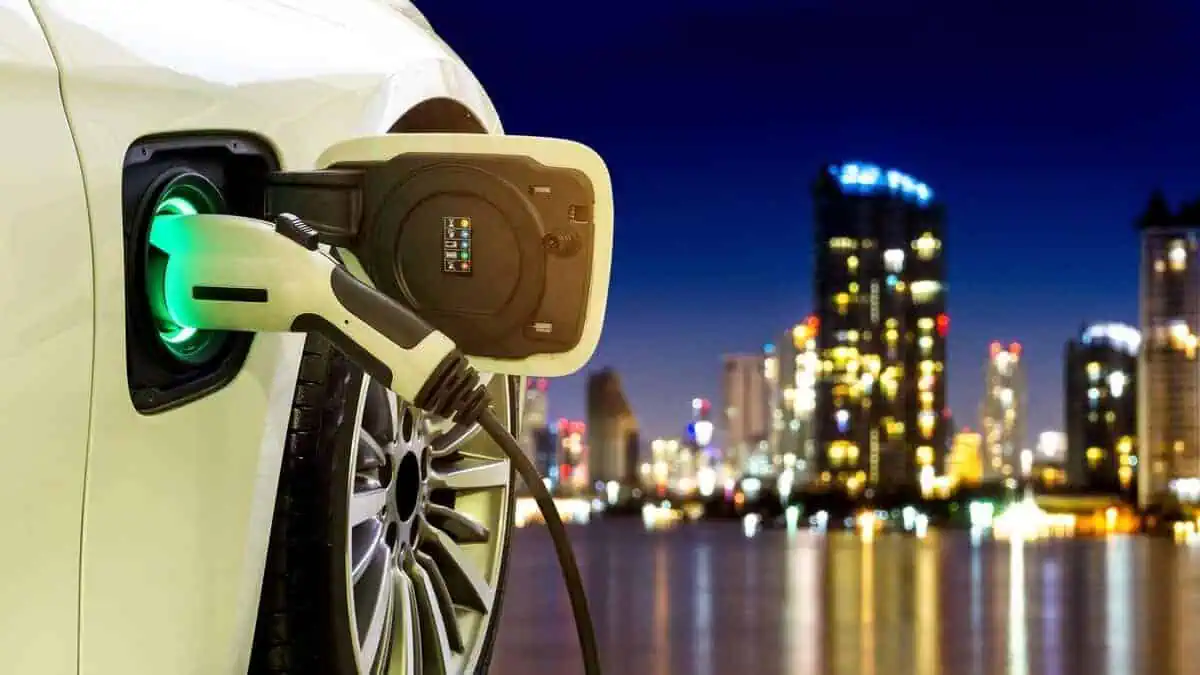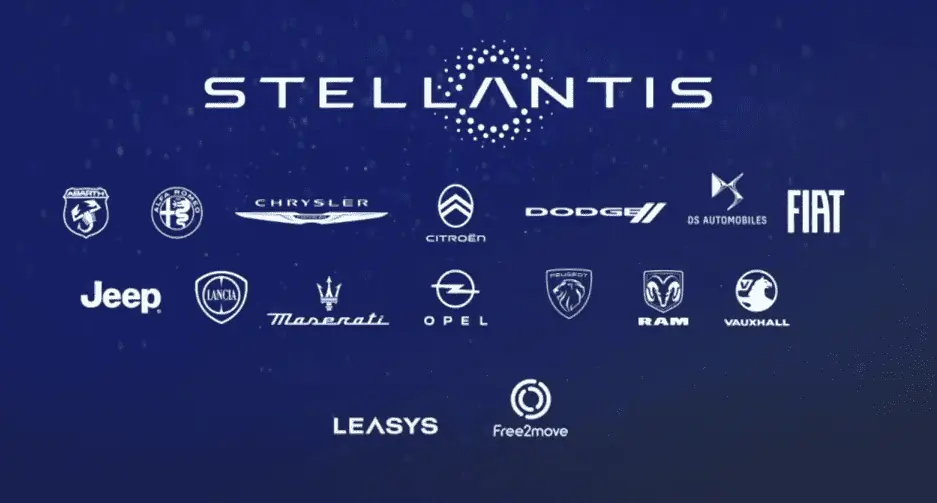The new auto market in the United Kingdom recorded a year-on-year increase of 16.7% in May to 145,204 units, Society of Motor Manufacturers and Traders’ data reveals.
Remarkably, that result signifies the market’s ten subsequent months of growth. However, the report noted that the registrations are still down 21.0% from pre-pandemic levels in 2019.
Large fleet registrations increased 36.9% YoY to 76,207 units, demonstrating supply improvement after severe supply shortages in 2022. On the other hand, private car registrations dropped 0.5% to 65,932, while smaller business fleet registrations grew 22.5% YoY to 3,065 units.
BEVs as the top-selling powertrain in the UK
SMMT’s latest data indicated that petrol-powered vehicles are still the most popular powertrain in the country, representing 57.1% of the overall registrations.
Plug-in hybrids and pure hybrids also noted remarkable growth in their May registrations. PHEV grew 23.0% YoY with a 6.2% market share, while HEVs increased 22.2% (12.3% share).
Most notably, battery-powered vehicles solidified their place as the second most popular power train in the UK in May, growing 58.7% YoY to 24,513 units with a 16.9% market share. These results undoubtedly mark the market’s tremendous transition over the previous three years.
Vehicle mix
Lower mediums, superminis, and dual-purpose vehicles accounted for 86.3% of the market share of new cars registered in May.
The report also noted that zero-emission alternatives are now available in each market segment, accounting for over 80 models or about one-fourth of all new cars.
It is also worth noting that these EVs are equipped with 236 miles-capable batteries, over 100 miles more than the UK drivers’ average weekly mileage (about 100 miles).
Below are the top 10 models in May and YTD:
Despite that, the pace of the transition still needs to intensify, especially given that billions of dollars in industry investment are bringing about more options and prosperity.
SMMT anticipates that the Zero Emission Vehicle Mandate, which establishes a minimum quota for new BEV registrations for every automaker, will go into effect in January.
“After the difficult, Covid-constrained supply issues of the last few years, it’s good to see the new car market maintain its upward trend and the fact that growth is, increasingly, green growth is hugely encouraging. Transforming the market nationwide, however, and at an even greater pace means we must increase demand and help any reticent driver overcome any concerns about electric vehicles. This will require every stakeholder – industry, government, chargepoint operators and energy companies – to play their part, accelerating investment to drive decarbonisation.”
SMMT CEO Mike Hawes
See Also:
- UK: Plug-in car sales consistently increased in February 2023
- UK: Plug-in car sales grew 12% in January 2023
- UK new vehicle sales drop to a 30-year low, but EV demand increases
- UK: Installed public EV chargers at a record rate in 2022
- UK: Electric and hybrid cars account for more than a third of the overall car market
Therefore, all stakeholders must exert efforts to ensure that there is market demand, as noted by CEO Hawes.
Apart from that, drivers considering switching will have more confidence to make their purchase if there is a nationwide network of dependable, economic, and sustainable charge points available, along with other necessary factors, hastening the UK’s transition to zero-emission transportation.






